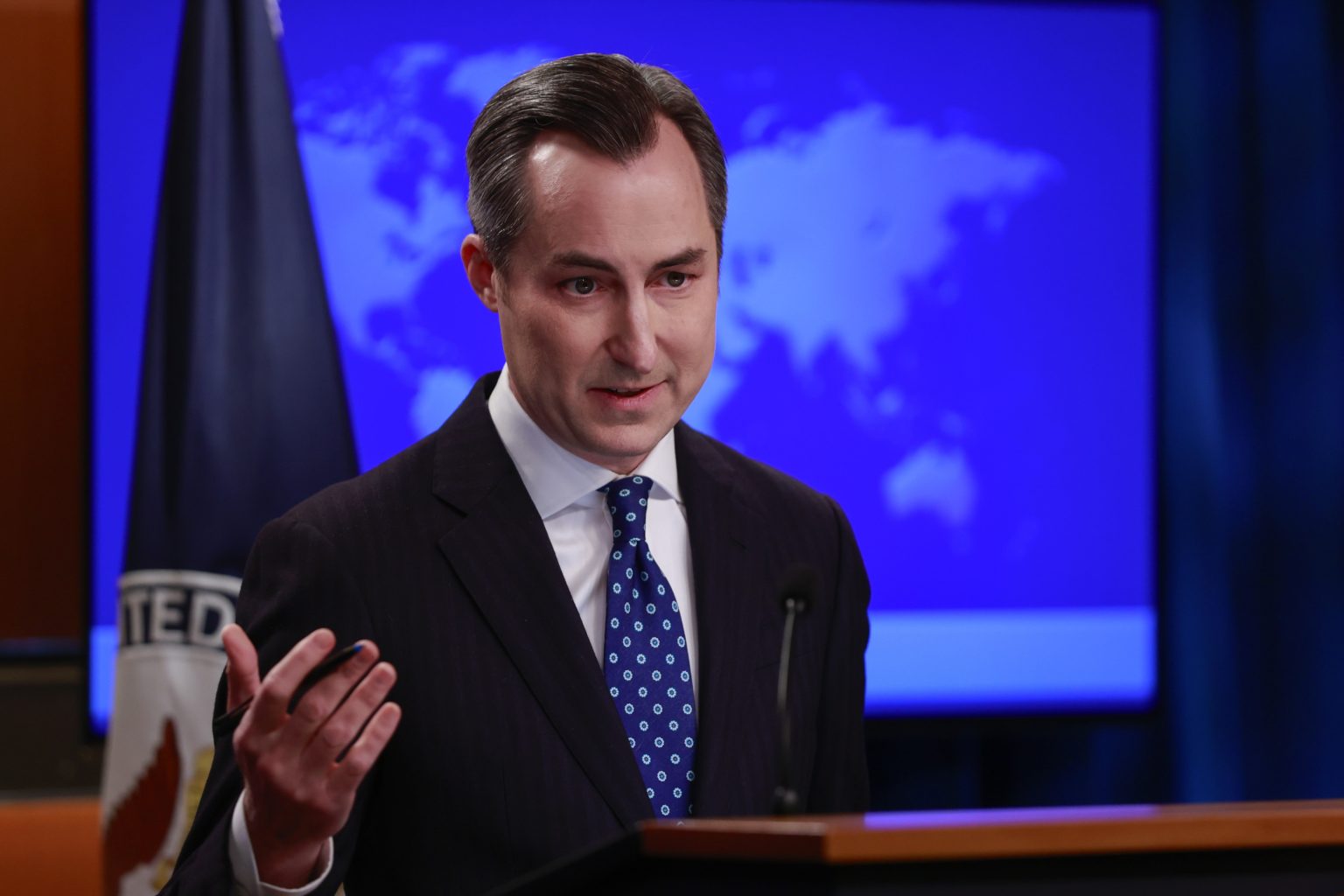The State Department has emphasized that the relationship between the United States and Ukraine is different from that of the partnership with Israel, especially in terms of security support. While the U.S. has a long-standing security partnership with Israel, Washington has been providing Ukraine with the necessary equipment to defend itself in its conflict with Russia. Despite this assistance, the U.S. has not deployed troops to engage in battle in Eastern Europe, citing the need to avoid direct armed conflict with Russia and the potential risk of sparking World War III. The Biden administration remains committed to supporting Ukraine’s defense efforts, highlighting the differences in the conflicts and airspace threats faced by each country.
Ukrainian President Volodymyr Zelensky has called for increased support from Western allies, drawing parallels to the coalition of militaries that recently assisted Israel in defending against missile attacks from Iran. While the U.S. has provided military equipment to Ukraine, direct involvement in the conflict remains a sensitive issue given the potential for escalation and broader implications. The State Department has underscored the importance of understanding the unique dynamics of the conflicts in Ukraine and Israel, and the need to address each situation accordingly, taking into account the specific threats and challenges faced by each nation.
The State Department has highlighted the role of Republicans in Congress who have hindered efforts to provide additional military assistance to Ukraine. Calls for passing a supplemental spending bill to enable the provision of more equipment, including air defense systems, to Ukraine have been met with obstacles in the House of Representatives. Speaker Mike Johnson has signaled plans to move forward with voting on aid for Israel, Ukraine, and Taiwan, with the intention of addressing the funding needs of these countries. The House is expected to deliberate on a $95 billion aid package passed by the Senate, although the exact details of the final aid package remain uncertain.
While the U.S. remains committed to supporting Ukraine in its conflict with Russia, the Biden administration has made it clear that it does not intend to engage in direct armed conflict with Moscow. Emphasizing the need to avoid a situation that could lead to a broader conflict, Washington has maintained its stance of providing equipment and support to Ukraine without deploying troops into the region. The State Department spokesperson has reiterated the administration’s dedication to defending Ukraine and providing assistance to address the ongoing challenges faced by the country in its conflict with Russia.
The differing approaches towards the conflicts in Ukraine and Israel reflect the complex dynamics and security challenges present in each situation. While the U.S. has a longstanding security partnership with Israel, the support provided to Ukraine is based on the specific needs of the country in its conflict with Russia. The Biden administration’s cautious approach towards involvement in Eastern Europe underscores the delicate balance of supporting allies while avoiding actions that could potentially escalate tensions and lead to broader conflicts. As efforts to provide aid to Ukraine continue to face obstacles in Congress, the need for coordinated action to address the security needs of these nations remains a pressing issue.


